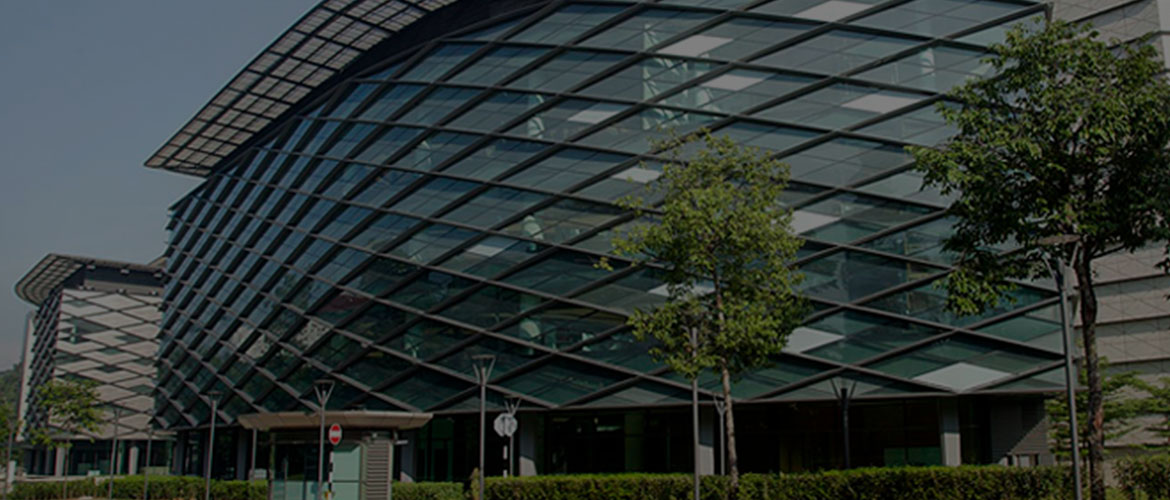Descriptions
When it comes to cybercrime, the banking sector is perhaps second to the military in terms of the strength of their cybersecurity defence. However, trawl the dark web and lurking inside you will find that attempts to breach banks' network and systems are commonplace. Today's hackers are likely to be state sponsored, benefiting from unprecedented resources and protection from law enforcement agencies.
According to The Economist, banks spend more on Cybersecurity than any other sort of firm - $2,691 per employee. While they have been able to foil a lot of attempted theft, banking has suffered more than other industries. As in other industries, attempts to hack banks generally start with "phishing" or tricking an employee into downloading a benign- looking software, known as a "Trojan", that once installed, creates a backdoor for other virus to infect the company's systems.
It is hard to estimate how much has been lost to cybercrime. Advisen, suggest banks have lost about $12b to cybercrime since 2000, around three-quarters of which have come from data breaches. Studies suggest every hour of Business interruption costs a bank $300,000 on average; a typical data breaches causes losses of $6m. Attacks on banks has a second-order effect. According to John Meyer of Cornerstone Avisors, the average incident puts 27% of customers at high risk of closing down their accounts at a targeted firm, and sinks companies' share prices by 5-7% on average.
Cyber Coffee Chat with Mark is designed to look at two recent cyber attacks that happened outside of the banking sector specifically, the Solarwinds Supply Chain Hack and the Colonial Pipeline Ramsonware Attack. The key objectives of both sessions are to (i) understand the nature and modus operandi of the attacks, and (ii) draw key lessons of financial institutions.



